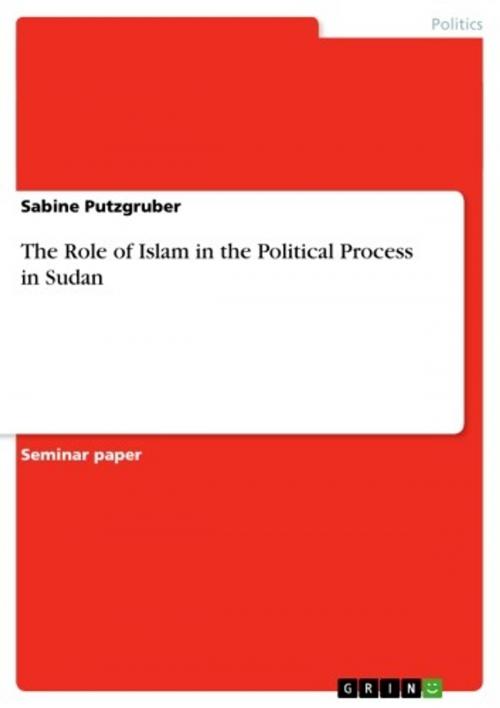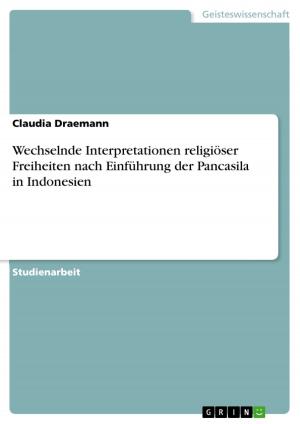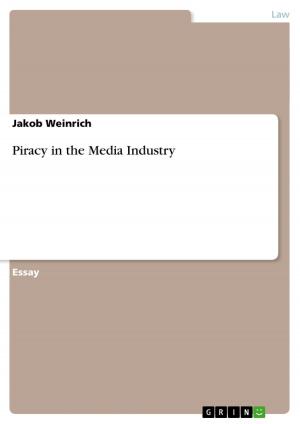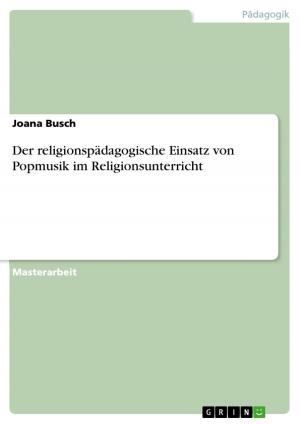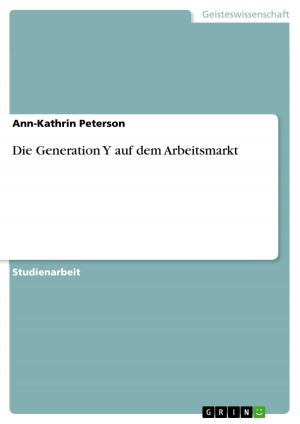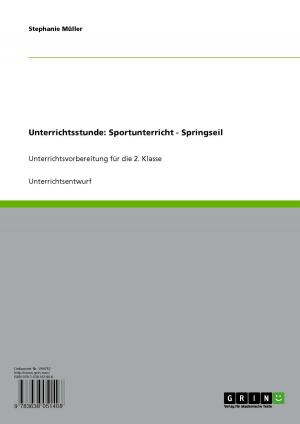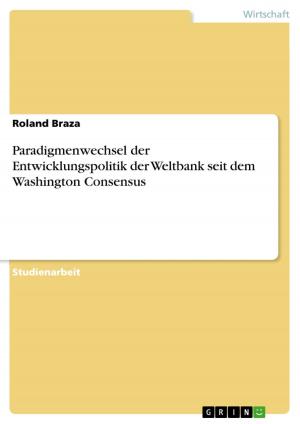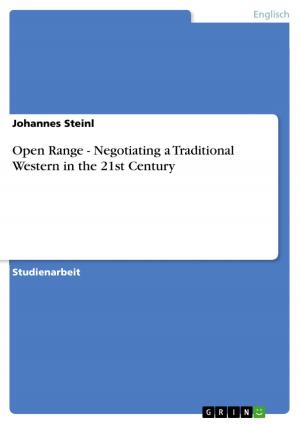The Role of Islam in the Political Process in Sudan
Nonfiction, Social & Cultural Studies, Political Science, International, International Relations| Author: | Sabine Putzgruber | ISBN: | 9783638355872 |
| Publisher: | GRIN Verlag | Publication: | March 8, 2005 |
| Imprint: | GRIN Verlag | Language: | English |
| Author: | Sabine Putzgruber |
| ISBN: | 9783638355872 |
| Publisher: | GRIN Verlag |
| Publication: | March 8, 2005 |
| Imprint: | GRIN Verlag |
| Language: | English |
Seminar paper from the year 2003 in the subject Politics - International Politics - Region: Africa, University of Vienna (Institut für Politikwissenschaften), 16 entries in the bibliography, language: English, abstract: The following pages try to analyze the way the state of Sudan functions and to what extend Islam is influencing it. We speak of a widely unknown country and its political experiences are seldomly known to Austrians, even not to students of political science. Despite of that I am not trying to introduce a country, but to go directly to the state after a small showing of the political history of the state, which is needed for the analyses. If we speak of Sectarian politics in Sudan we first have to define the word sect, as its connotation is not only positive. As a sect a group of people, which has separated from a larger group and with a particular set of religious or political beliefs, which are strongly held and regarded by others as extreme is meant by definition (Sidahmed 1997:23). In Sudanese studies the word sect refers to two groups with a religious belief network but the emphasis is laid on their political agenda and actions. In the following paper the term sect is following this emphasis, and doesn't imply any judges about religious beliefs or extremes. I don't want to meet the challenge of analyzing or even judging the rightness of secularism or political Islam. What I try to do is to show how politics in the state of Sudan function and what role Islam has played and still plays. In the same way one could analyze the United States politics and the impact of Christianity. It is clear though, even if it is tried to reach, that a total objectivism is not possible. [...]
Seminar paper from the year 2003 in the subject Politics - International Politics - Region: Africa, University of Vienna (Institut für Politikwissenschaften), 16 entries in the bibliography, language: English, abstract: The following pages try to analyze the way the state of Sudan functions and to what extend Islam is influencing it. We speak of a widely unknown country and its political experiences are seldomly known to Austrians, even not to students of political science. Despite of that I am not trying to introduce a country, but to go directly to the state after a small showing of the political history of the state, which is needed for the analyses. If we speak of Sectarian politics in Sudan we first have to define the word sect, as its connotation is not only positive. As a sect a group of people, which has separated from a larger group and with a particular set of religious or political beliefs, which are strongly held and regarded by others as extreme is meant by definition (Sidahmed 1997:23). In Sudanese studies the word sect refers to two groups with a religious belief network but the emphasis is laid on their political agenda and actions. In the following paper the term sect is following this emphasis, and doesn't imply any judges about religious beliefs or extremes. I don't want to meet the challenge of analyzing or even judging the rightness of secularism or political Islam. What I try to do is to show how politics in the state of Sudan function and what role Islam has played and still plays. In the same way one could analyze the United States politics and the impact of Christianity. It is clear though, even if it is tried to reach, that a total objectivism is not possible. [...]
